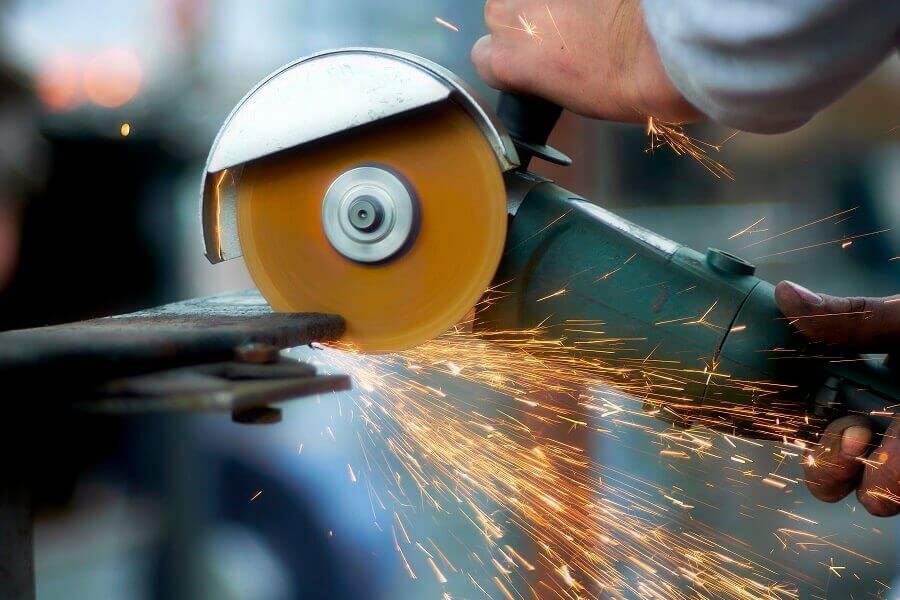There are many industrial tools that are used to build products. If you own a factory, machine shop, or metalworking business, investing in the correct machinery is critical if you want to be successful in the metalworking sector. On top of that, you need to have a reliable industrial equipment supplier to meet your demand for such tools. Metalworking industries use a broad variety of industrial equipment to make metal items of a certain form and dimension.
These machines have developed over hundreds of years, allowing them to construct the most complicated designs with much less human labour. The fabrication industry employs a variety of processes that have resulted in the development and evolution of several machines.
With such a varied range of devices, it's critical to grasp the various kinds and what each one can perform.
- Lifting equipment
Raising equipment includes any load lifting and lowering work equipment as well as any necessary attachments. Lifting equipment includes overhead cranes and their supporting runways. Patients are hoisted. Vehicle lifts are also available.
- Grabbing and clamping tools
We recommend that you have a variety of pliers on hand, including needle-nosed, cutting, and flat-stubbed pliers. They are among the most versatile and useful mechanical devices ever created. In addition to pliers, if you have a c-clamp-like gripping device. You should be prepared. Bench vices are excessive, although they are beneficial in specific instances. You can always go to your local hardware shop if you need one.
- Measuring tools
Have at least one straight ruler with easy-to-read markings on hand, and if at all possible, track down one of those nifty retractable measuring tapes you sometimes see in the hands of interior decorators. Important as it is, this group deserves special attention. One of the most important tools, measuring tools ensures that all your work is performed correctly and in the right size. Examples include tape measures, vernier scales and depth gauges.
- Cutting tools
Simple cutting tools like scissors, box cutters, and a hacksaw would do the trick. When the box cutter falls short, the hacksaw is there as an alternative. Otherwise, in a safe area, we would simply keep the hacksaw away from people since it may be a menace if not kept appropriately. Cutting raw materials is the first step in almost every industrial job. A wide range of bladed implements may be used for this task. Examples of these include the circular saw, the jigsaw and the compound mitre saw. Circular saw blades come in a variety of shapes and sizes. In one blade, you get the advantages of both a rip and a crosscut saw.
- Zip Ties and Duct Tape
Notice how we didn't group these two with the others? That's because they're hacking gods, and we practically worship them. Zip ties and duct tape may be used to connect and hold goods together temporarily or permanently. You never have to worry about things coming apart if you've zip-tied or duct-taped them together. There are reliable methods for putting things together.
- Power Tools & Hand Tools
Power tools, such as dremels, hand cutters, Impact drills, etc., and mechanical hand tools are both available. It's not often that you'll need them, but if you do, your friendly neighbourhood mechanic is always willing to lend you a hand. In addition to helping you save money, this method also frees up valuable space.
- Tech Tools
So, now that we've worked out the fundamental mechanical tools and equipment, let's attempt to understand what the mechanical domain is all about. Robot mechanics may range from fairly basic alternatives to intricate mathematics and formulas including forwards and inverse kinematics, among other things. To begin, you might attempt to model 3D robot pieces. To that purpose, a variety of free and open-source software tools are accessible.
As you can see, there are several sorts of manufacturing machines that are commonly used in the industrial sector. While this quantity of options increases the probability of obtaining the appropriate instrument for your operations, the sheer amount of industrial work tools and equipment might be overwhelming.
Things to Know When Purchasing Industrial Equipment







